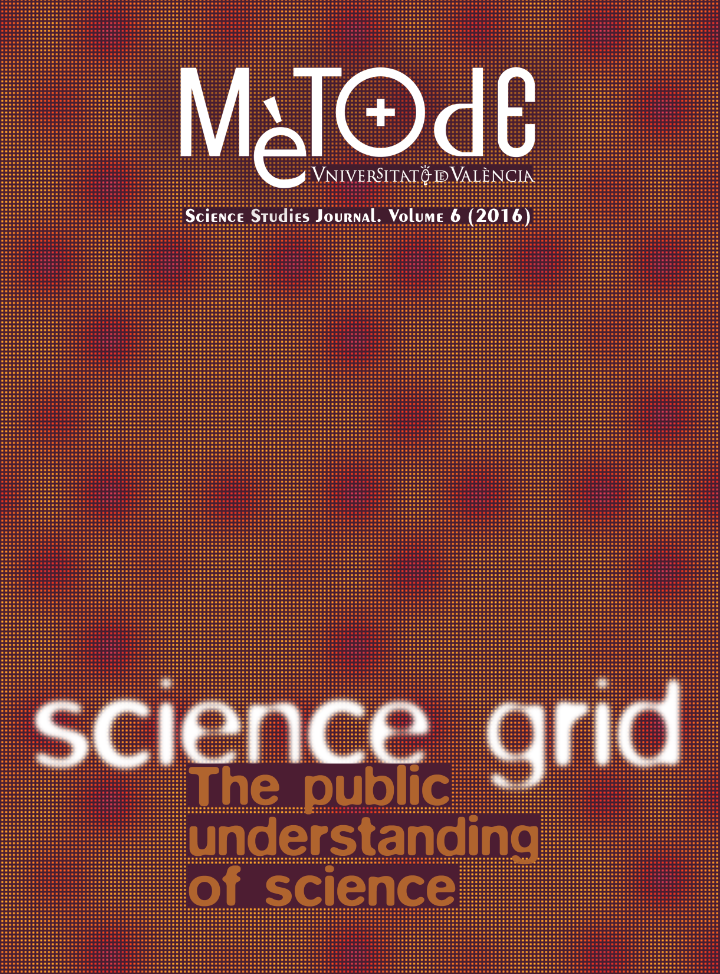Education in times of climate change: Facilitating learning to build a culture of climate-protection
DOI:
https://doi.org/10.7203/metode.6.4220Keywords:
environmental education, climate change, low-carbon culture Abstract
Abstract
Climate change presents significant educational challenges: it is necessary to know about its causes, to recognise the roots of the problem and to be aware of its consequences. This is necessary to build a more realistic perception of climate risks and better understand our vulnerabilities. But it is especially important to know about the solutions; urgent training is needed to build a «low-carbon» culture to prevent dangerous interference with the global climate. Educational institutions – both formal and informal – must consider their contribution to these needs for knowledge and social change, because climate change will impact our future heavily and because everyone plays a role in the complex network of responsibilities that fuel it.
 Downloads
Downloads
 References
References
Choi, S., Niyogi, D., Shephardson, D. P., & Charusombat, U. (2010). Do Earth and environmental science textbooks promote middle and high school students’ conceptual development about climate change? Textbooks’ consideration of students’ misconceptions. American Meteorological Society, 91, 889–898. doi: 10.1175/2009BAMS2625.1
Corbella, J. (2014, December 12). Chris Field: “Somos una generación egoísta”. La Vanguardia. Retrieved from http://links.uv.es/ScWgRr6
Hamilton, L. C. (2010). Education, politics and opinions about climate change evidence for interaction effects. Climatic Change, 104(2), 231–242. doi: 10.1007/s10584-010-9957-8
Hulme, M. (2009). Why we disagree about climate change. Understanding controversy, inaction and opportunity. Cambridge: Cambridge University Press.
IPCC. (2014). Climate change 2014. The synthesis report. Core Writing team, R. K. Pachauri, & L. A. Meyer (Eds.). Geneve: IPCC.
Meira, P. A., Arto, M., Heras, F., Montero, P., & Iglesias, L. (2013). La sociedad ante el cambio climático. Conocimientos, valoraciones y comportamientos en la población española, 2013. Madrid: Fundación Mapfre.
Reuters (2014, April 3). La ONU exige cambios rápidos en la industria del crudo y gas. Reuters España. Retrieved from http//links.uv.es/rP4J4zf
Downloads
Published
How to Cite
-
Abstract2289
-
PDF724
Issue
Section
License
![]()
All the documents in the OJS platform are open access and property of their respective authors.
Authors publishing in the journal agree to the following terms:
- Authors keep the rights and guarantee Metode Science Studies Journal the right to be the first publication of the document, licensed under a Creative Commons Attribution-NonCommercial-NoDerivatives 4.0 International License that allows others to share the work with an acknowledgement of authorship and publication in the journal.
- Authors are allowed and encouraged to spread their work through electronic means using personal or institutional websites (institutional open archives, personal websites or professional and academic networks profiles) once the text has been published.





